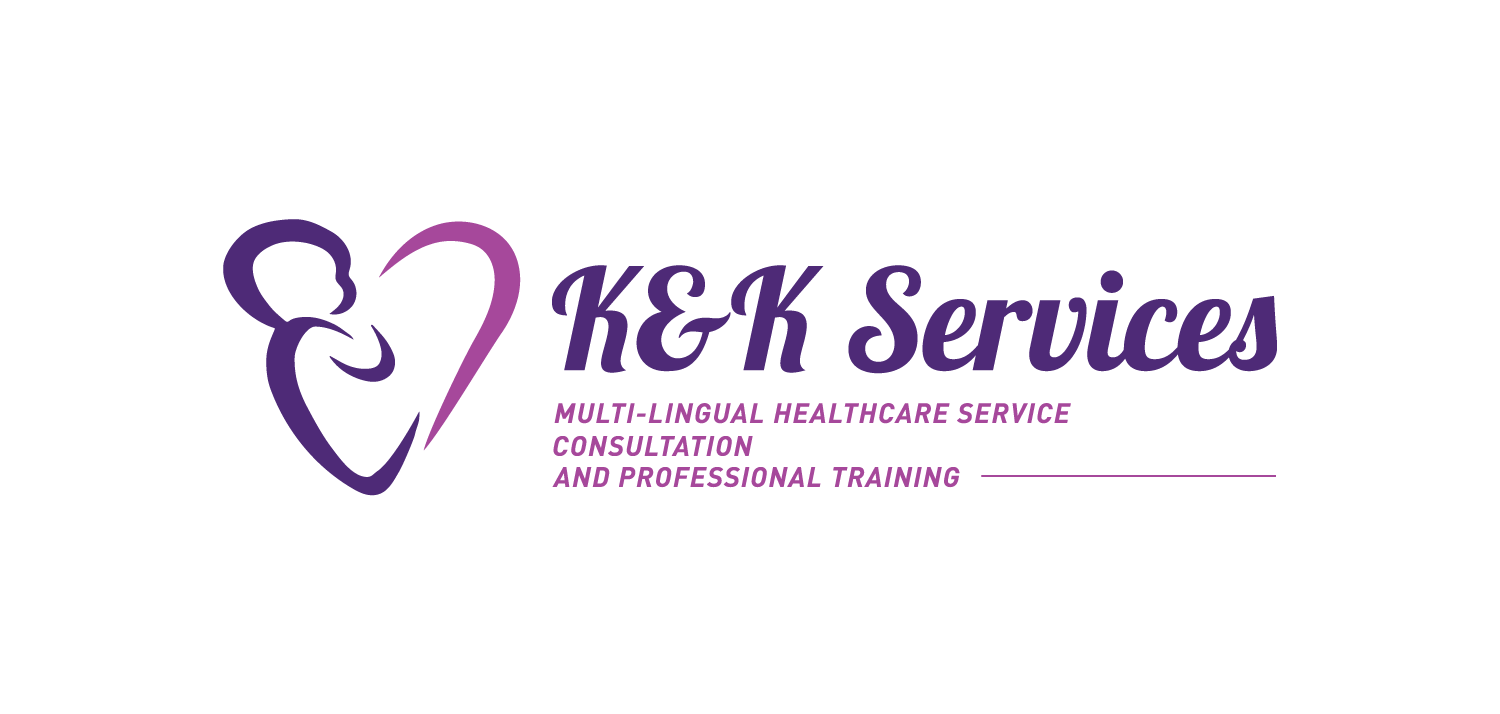Written by: Guest Blogger Cheryl Conklin

Parenting a child with special needs is a full-throttle, all-consuming job. It’s love in its fiercest form, devotion without limits, but let’s be honest—it's also exhausting in a way that defies words. You’re running on fumes, operating in a constant state of hyper-awareness, and still pushing yourself to show up, no matter what. But what happens when the exhaustion stops being something a good night’s sleep can fix? How do you know when you’ve crossed into burnout? And more importantly, how do you pull yourself back before you’re too deep in the trenches to see a way out? This is about recognizing your fatigue for what it really is—and building a self-care plan that isn’t just another thing on your to-do list but something that actually helps you reclaim a little bit of yourself.
Recognizing the Signs of Deep Fatigue. Fatigue isn’t just about feeling tired. It sneaks up in other ways—irritability that makes you snap over little things, brain fog that leaves you standing in the grocery aisle wondering why you’re even there, or the deep, bone-heavy exhaustion that doesn’t lift, no matter how much sleep you get. Maybe you’ve lost interest in things you used to enjoy, or you’re feeling detached from the people closest to you. These are warning signs, not just bad days. Ignoring them doesn’t make you stronger; it just pushes you closer to burnout.
Fueling Your Body for Energy
When exhaustion hits, it’s tempting to reach for quick fixes—chips, soda, or whatever’s easiest to grab. But these choices often leave you feeling more sluggish than before, sending your energy crashing when you need it most. Instead, swapping in a handful of nuts, a smoothie, or a piece of fruit can keep hunger at bay while giving your body the steady fuel it craves. Prioritizing whole, nutrient-dense foods isn’t about restriction; it’s about making choices that help you sustain the energy required for the demanding but deeply rewarding role of parenting.
Letting Go of the Guilt That Keeps You Stuck. If there’s one thing parents of special needs children are experts at, it’s guilt. Guilt for being tired, for wanting a break, for thinking about your own needs when your child requires so much from you. But let’s get one thing straight: exhaustion doesn’t make you a bad parent. It makes you human. The truth is, running yourself into the ground doesn’t serve your child—it just ensures you have less to give. If you want to be the best version of yourself for them, you have to start by allowing yourself to matter, too.
Identifying What Self-Care Actually Means for You. Self-care has been hijacked by commercialism, boiled down to bubble baths and spa days. But let’s be real—you don’t need a face mask, you need relief. Real self-care is about identifying what refuels you, whether that’s an hour alone with a book, a support group that understands your reality, or even just a meal you didn’t have to cook. It’s different for everyone, and if you don’t define it for yourself, you’ll spend your energy chasing the wrong things. The goal isn’t luxury; it’s sustainability.
Building a System That Supports You. You can’t rely on willpower alone to take care of yourself—it has to be built into your routine, the same way your child’s therapies and doctor’s appointments are. That means setting up practical support systems: a scheduled break where someone else steps in, a standing therapy appointment for yourself, or even an accountability partner who checks in. You need a plan that makes self-care the default, not the exception.
Creating Boundaries That Protect Your Energy. When you’re the go-to person for everything, boundaries feel impossible. But the reality is, without them, you end up drained and resentful. Start small—maybe it’s saying no to an obligation that doesn’t serve you, or turning your phone on “Do Not Disturb” for an hour each night. Your energy is a finite resource, and if you don’t protect it, it will get used up on things that don’t refill you. Boundaries aren’t selfish; they’re survival.
Learning to Accept Help Without Feeling Weak. If you’ve been doing it all for so long, asking for help can feel unnatural, even like an admission of failure. But here’s the thing—accepting help isn’t about weakness; it’s about sustainability. Whether it’s a trusted friend, a respite care program, or a therapist who can hold space for your emotions, letting people support you isn’t taking advantage—it’s making sure you can keep going. No one is meant to do this alone.
At the end of the day, this isn’t about self-care as an indulgence—it’s about survival. You can’t pour from an empty cup, and you can’t parent from a place of depletion. Recognizing your fatigue and creating a self-care plan isn’t selfish; it’s the most loving thing you can do for yourself and, by extension, for your child. You deserve care, too. So take the first step—not just for them, but for you.
Discover personalized healthcare solutions with K&K Services, where we offer multilingual support and specialized care to help you and your family thrive in health and happiness.
#ParentalBurnout #CaregiverFatigue #MomBurnout #DadBurnout #CaregiverSupport #SelfCareForParents #MentalHealthMatters #ParentSelfCare #ExhaustedButStrong
About the Author
Cheryl Conklin created Wellness Central from her desire to share various resources and her thoughts on wellness. Apart from blogging, she enjoys traveling and going on endless adventures, and writing about her experiences at the end of the day.

Comments